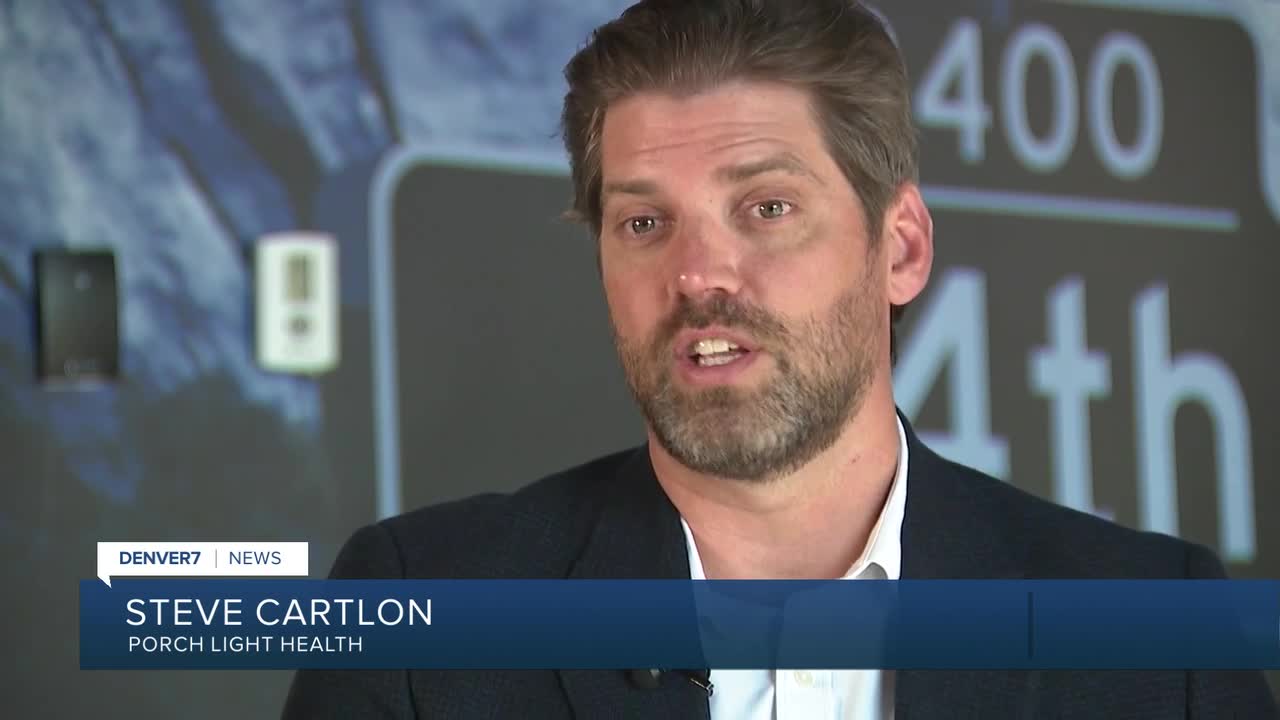DENVER — Quest Diagnostics said it's tracking a concerning drug trend in the workplace after analyzing 8 million drug tests across the country.
While positive drug tests were slightly down overall, fentanyl tests jumped significantly for people testing positive post-employment versus pre-employment, the company found.
In a release, Quest Diagnostics said:
“While the analysis of more than 8 million drug tests shows that overall workplace urine drug positivity declined slightly last year, to 4.4% from 4.6%, the sharp increase in fentanyl in random drug checks suggests more workers are using the highly addictive opioid after they have passed pre-employment screens. Random drug testing involves unscheduled and unannounced drug tests of employed individuals after they have presumably passed pre-employment drug screens.”
Denver7 ran this information by two Colorado addiction experts. Dr Rob Valuck and Steve Carleton.
“This isn't surprising. It's sort of based on what we know about drug trends and drug use,” Carleton with Porch Light Health said.
Both experts said the data tracks in Colorado and tells you a couple of things and believe the trend is connected to people buying fake pills on the street.
"When you're buying substances on the street, they're counterfeit pills, right? So you think you're buying Oxycontin, you think you're buying a Xanax, which is a completely different type of drug, and really you are, you're buying fentanyl," Carleton said.
Dr. Rob Valuck, with the Center for Prescription Drug Abuse Prevention at the CU School of Pharmacy, said it’s also concerning how fentanyl is showing up more and more in so many settings.
The prevalence of fentanyl has prompted regulatory changes. Just this year, Valuck said all labs that do federal workplace testing now have to include fentanyl in their testing panels. He also said the Department of Transportation is working to make the same kind of change.
Private and state employees aren't required but are advised to do so, according to Valuck.
The CDC is reporting a drop in fentanyl related deaths from 2023 to 2024 from 76,282 deaths to 48,422.
Carleton said part of that can be attributed to better education and more people using naloxone to reverse an overdose.






